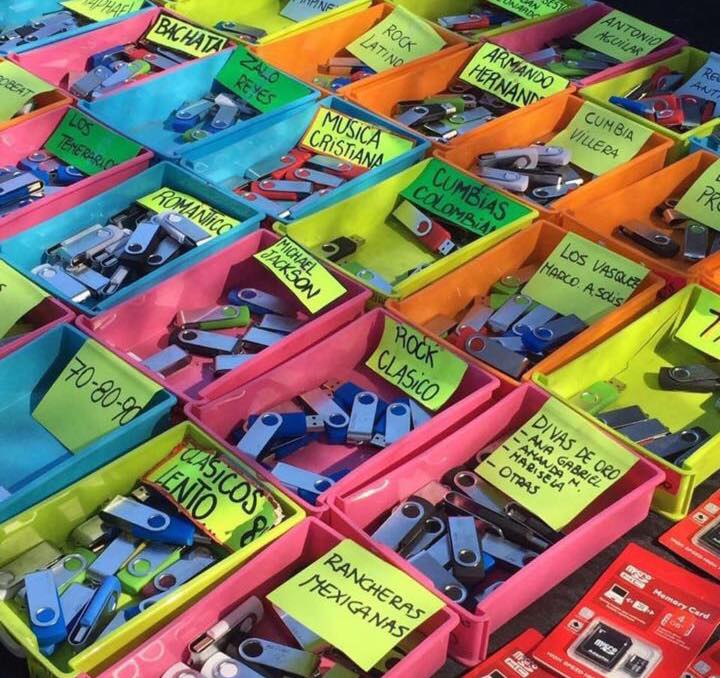jdunmyer said:
FWIW: I've driven a Leaf for nearly 3 years now, and have only charged away from home a very few times. There are no DCFC stations anywhere nearby anyway. A few more L2 stations might be nice, but for my use, even those are pretty superfluous. It'll be even more so when I get into a Bolt.
Agreed. I'm in a similar situation. The irony is that as battery capacity and range increases, the need for frequent and fast charging DECREASES, as long as the trip is not cross-country travel. My family, with active teens, only drives over 250 miles in one day about 2-3 times a month. Those are the ONLY trips where
any charging capability away from our house would matter with the Bolt EV. For the 150 other drives we make a month, a 200-mi BEV would be more than adequate. In fact for about 140 of those trips, our 80-mi Spark EV is adequate.
For those that can't charge at home, it's a completely different story.


